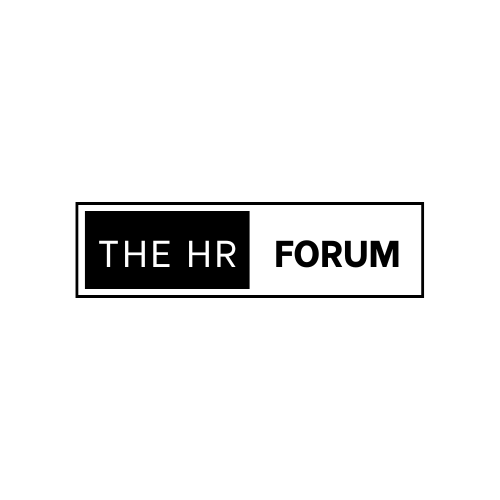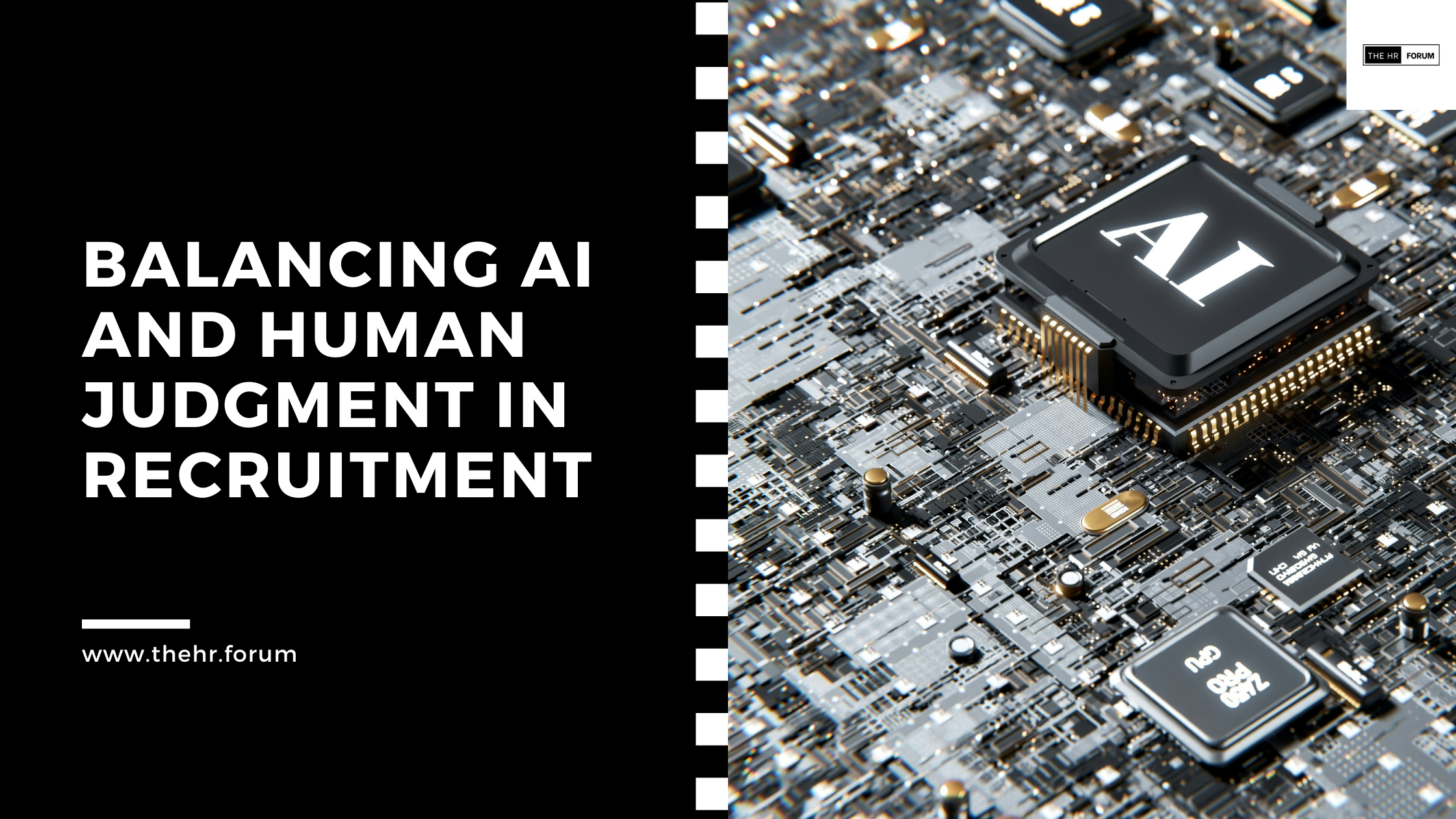Balancing AI and Human Judgment in Recruitment
Artificial intelligence is reshaping recruitment. From screening CVs to scheduling interviews, AI is boosting efficiency and automating many aspects of the hiring process.
But as these technologies evolve, HR professionals face a critical challenge: balancing the power of AI with human judgment to ensure fair, accurate, and effective hiring.
Recruitment technology offers clear benefits, but relying solely on AI risks overlooking the human insights that remain essential to evaluating candidates.
AI in Job Applications
Candidates are increasingly using AI to improve their applications.
Tools now help people:
- Tailor CVs to specific job descriptions
- Prepare for interviews with simulated questions
- Optimise online assessments
These innovations can help candidates present themselves effectively. But they also pose new challenges for recruiters.
If a CV or cover letter is heavily AI-enhanced, how do you assess the candidate’s true skills, experience, and potential?
Recruiters need strategies to distinguish between polished AI output and authentic candidate capability.
Otherwise, there’s a risk of favouring those who are better at using AI over those with real-world expertise.
Maintaining Fair Hiring Practices
Some organisations are taking steps to manage AI in applications while keeping hiring fair:
- Asking candidates to disclose AI use in their CVs or cover letters
- Using AI-detection tools to flag automated content
- Training hiring managers to spot inconsistencies or AI-driven phrasing
- Observing candidate behaviour during interviews and assessments
These measures help maintain fairness while still leveraging AI’s benefits.
At the same time, completely banning AI may not be the answer.
In many sectors, AI skills are becoming essential workplace competencies.
The goal isn’t to remove AI entirely but to adapt the recruitment process to assess genuine skills, creativity, and problem-solving ability.
Rethinking Assessments for an AI-Driven Recruitment Landscape
Instead of excluding AI, organisations can redesign assessments to focus on authentic candidate performance.
Consider integrating:
- In-person skills demonstrations: Ask candidates to perform tasks or solve problems in real time, allowing recruiters to observe their thought process.
- Case study challenges: Present scenarios that require strategic thinking, problem-solving, and decision-making. These highlight analytical ability and creativity rather than relying on written submissions alone.
- AI-integrated tasks: Encourage candidates to use AI tools as part of an assignment, then evaluate how they interpret and apply the results. This reflects real-world workplace scenarios where AI is a practical resource, not a replacement for skill.
These approaches shift the focus from a polished final product to a candidate’s reasoning, adaptability, and collaboration skills.
AI as a Tool for Inclusivity
AI doesn’t just challenge recruiters; it can also support candidates.
For instance:
- Candidates with dyslexia can use AI to assist with written communication
- Neurodivergent applicants can leverage AI to structure responses clearly
Employers should consider whether allowing AI in these contexts supports equal opportunities.
When integrated thoughtfully, AI can help make recruitment more inclusive while keeping evaluation fair and meaningful.
The Human Touch in Recruitment
While AI improves efficiency, it cannot replace human judgment. Recruitment is more than automated scoring or keyword matching. Human insights are crucial for understanding:
- A candidate’s motivations and ambitions
- Cultural fit within a team or organisation
- Potential for growth and adaptability
HR professionals and hiring managers must ensure AI complements the human element rather than replacing it.
For example:
- Use AI to handle repetitive administrative tasks like CV screening
- Focus human attention on interviews, reference checks, and nuanced assessments of behaviour and culture fit
This combination of AI efficiency and human insight creates a recruitment process that is faster, fairer, and more engaging for candidates.
Practical Tips for Balancing AI and Human Judgment
To make AI work effectively in recruitment, organisations can:
- Audit AI tools regularly: Check for biases or patterns that could disadvantage certain groups of candidates.
- Train hiring teams: Educate recruiters and managers on how AI works and how to interpret AI-generated insights critically.
- Incorporate multi-step assessments: Use a mix of AI-assisted and human-led evaluation stages.
- Focus on transparency: Be clear with candidates about how AI is used and what is expected of them.
- Measure outcomes: Track quality-of-hire, candidate satisfaction, and diversity metrics to evaluate the effectiveness of AI integration.
These strategies ensure AI supports recruitment without undermining fairness, accuracy, or the candidate experience.
Conclusion
AI is transforming recruitment, offering speed, efficiency, and new insights. But human judgment remains irreplaceable. Balancing technology with a thoughtful, human-centric approach ensures organisations can:
- Maintain fair and inclusive hiring practices
- Assess real-world skills and potential
- Enhance the candidate experience
By integrating AI responsibly and designing recruitment processes that combine technology with human insight, HR teams can build stronger, more capable, and diverse teams.
AI should be seen not as a replacement for recruiters but as a tool to enhance their work.
When used strategically, it allows HR professionals to focus on what matters most: recognising talent, supporting candidates, and making hiring decisions that drive business success.
Thank You
Thanks for visiting us at The HR Forum
We hope you found this post useful.
If you’d like to connect, share a post or ask a question, we’d love to hear from you.
You can drop us an email or visit us at our HR Community on Substack.
Similar Posts
If you found this post helpful, you might also like:
Should you share interview questions with candidates?
Balancing AI and Human Judgement in Recruitment
The HR Forum is brought to you by The HR Guys

